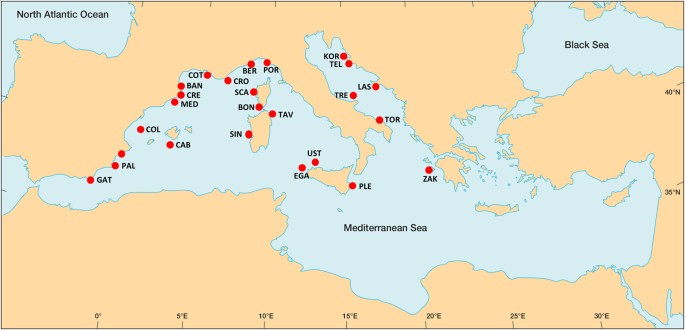
- Select a language for the TTS:
- UK English Female
- UK English Male
- US English Female
- US English Male
- Australian Female
- Australian Male
- Language selected: (auto detect) - EN
Play all audios:
Air pollution kills. Fine particles produced by cars, industrial plants and numerous other sources are particularly dangerous to human health. That is what scientists across the world have
convincingly established over the past quarter of a century, and air regulations have been gradually tightened in most Western countries as a result. Even so, the World Health Organization
(WHO) estimates that exposure to outdoor air pollution accounts for 4.2 million deaths each year. And in recent years, something insidious has happened in some places: the science linking
air pollution to premature deaths has come under attack. The problem is most acute in the United States, where the administration of President Donald Trump is bent on dismantling a variety
of environmental and public-health regulations. At a meeting last month, a science panel that advises the US Environmental Protection Agency on air-quality standards was divided on the
extent to which fine-particle pollution causes premature death. The panel was chaired by Tony Cox, a Trump appointee, statistician and consultant whose research has been funded by oil, gas
and other industries, and who has long questioned evidence supporting the link. Scepticism about air pollution’s health impacts has arisen in other countries, too, including France, Poland
and India. And in Germany, 140 lung specialists signed a statement released in January that cast doubt on the health impacts of nitrogen oxides (NO_x_) and fine-particle emissions from
vehicles. The statement acknowledged epidemiological evidence that people in areas with high levels of NO_x_ and fine particulates tend to die slightly earlier than those elsewhere, but
questioned whether pollution was the cause. Earlier this month, the German national academy of sciences set the record straight. NO_x_, and particularly nitrogen dioxide, increase rates of
respiratory illnesses such as asthma while also contributing to the formation of fine particulates. The particulates contribute to premature death by increasing the risk of respiratory and
cardiovascular diseases, as well as of lung cancer. These conclusions build on a body of evidence collected over decades. In 1993, researchers at the Harvard School of Public Health in
Boston, Massachusetts, led a landmark study assessing the impacts of pollution in six US cities (D. W. Dockery _et al. N. Engl. J. Med. _329, 1753–1759; 1993). After controlling for smoking
and other potential confounding factors, they found that people tended to die earlier in cities with dirty air than in those with clean air — largely because of the presence of fine
particles. Many subsequent studies have pointed in the same direction. In a 2017 study of nearly 61 million people, researchers reported that fine-particulate and ozone pollution — even at
levels lower than the current US standard — were associated with increased death rates (Q. Di _et al. N. Engl. J. Med. _376, 2513–2522; 2017). Cox and other sceptics often argue that the
epidemiological evidence cannot prove that air pollution causes premature deaths. But that is deliberately ignoring the weight of evidence from an array of rigorous epidemiological studies,
aligned with other sources of evidence. Scientists have identified mechanisms by which fine particles affect health, analysing the toxicological and physiological effects using _in vitro_
methods, mice and human studies. As the evidence builds, many countries are rightly improving their pollution control. Environmental regulations to curb air pollution impose steep costs on a
variety of industries, but questioning the evidence won’t make it go away. More than 90% of the world’s population lives in regions that break WHO air-quality guideline limits. Choking
pollution still smothers major cities in places such as India and China. Now is not the time to undermine efforts to clean air — it is time to strengthen them.






